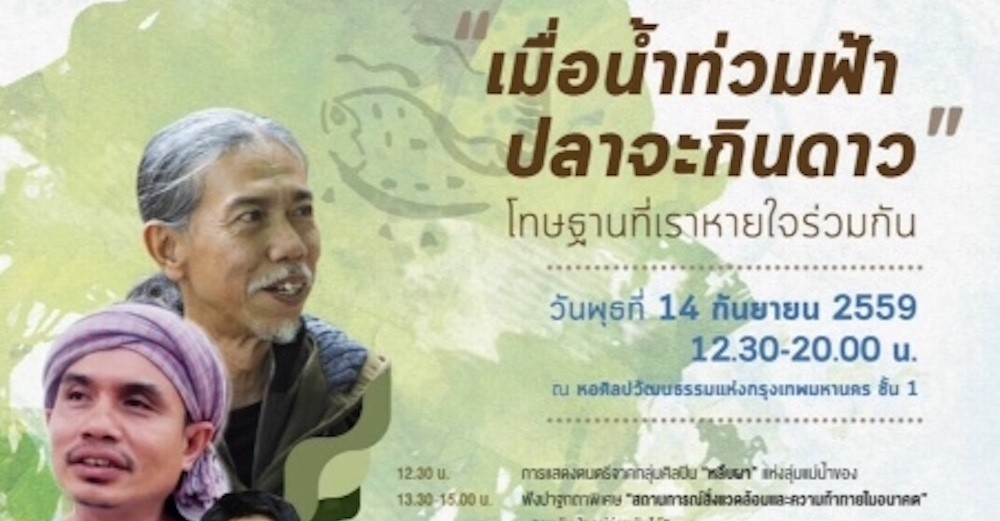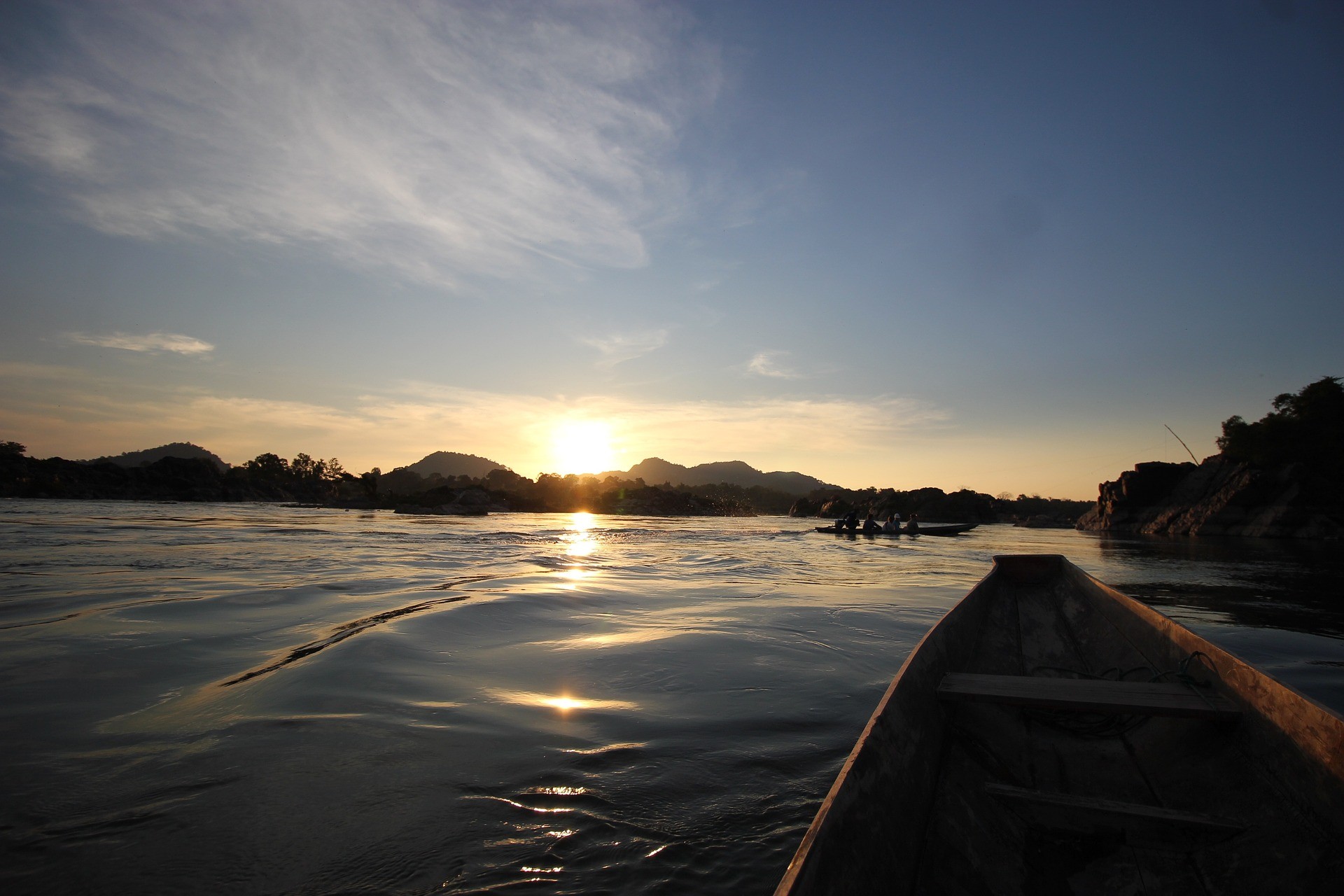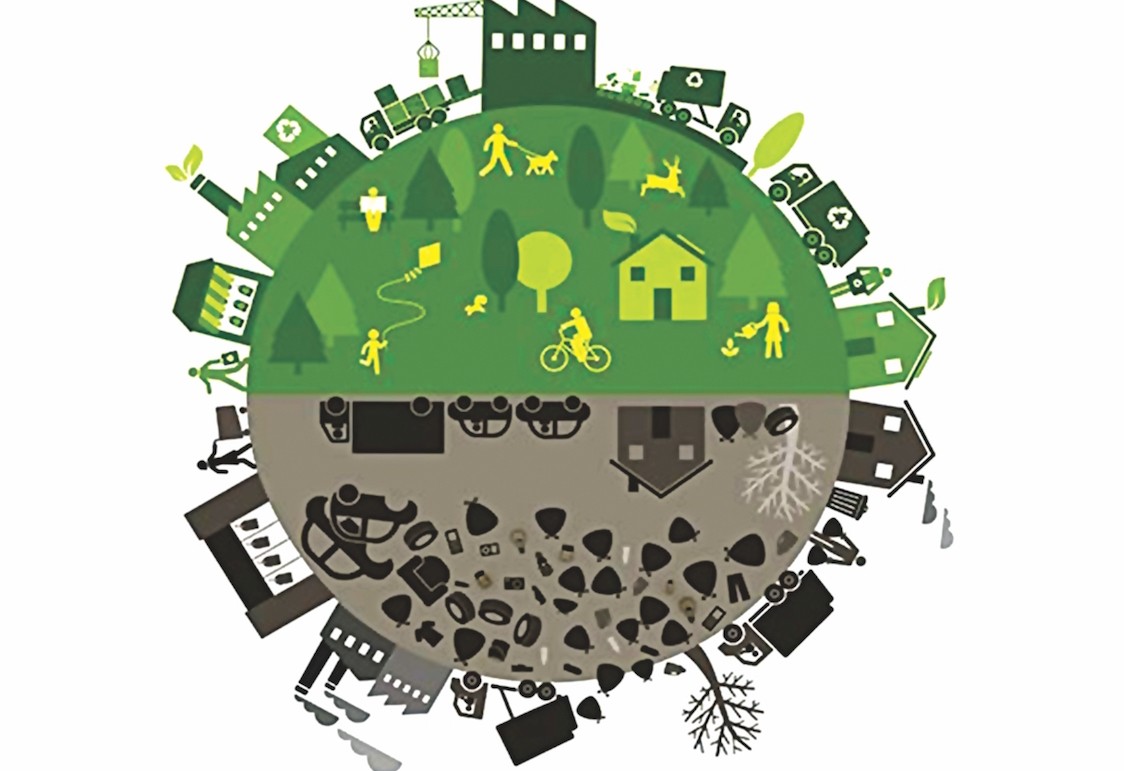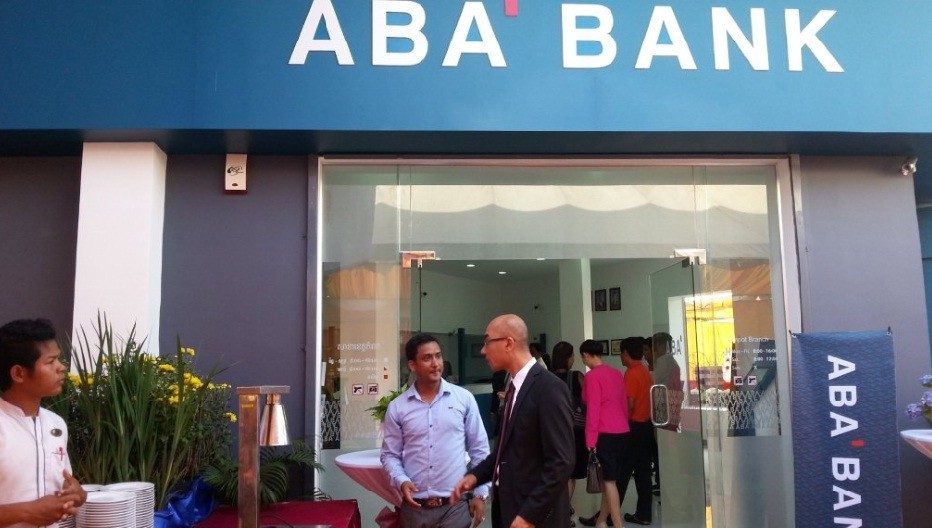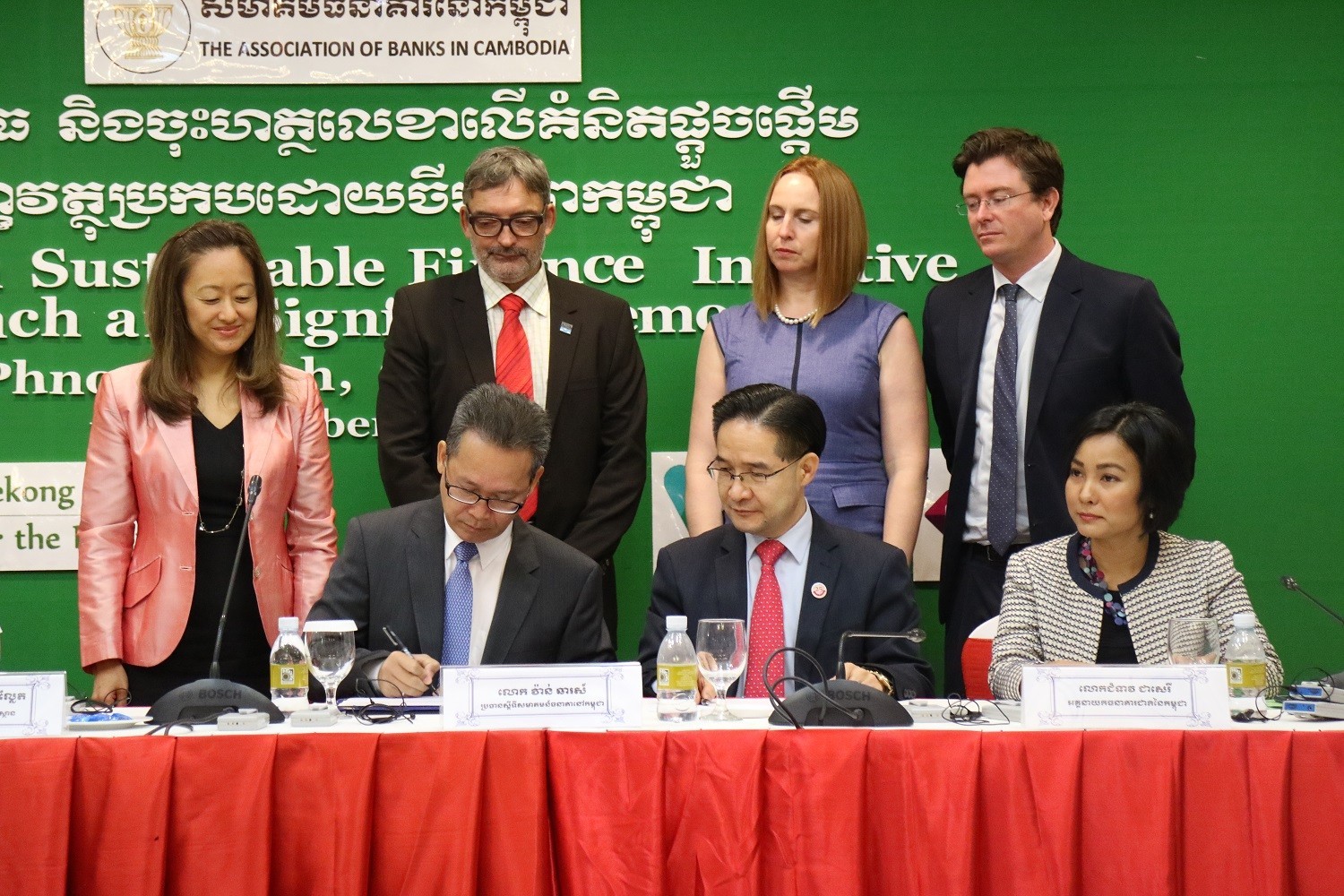Rattanakiri provincial authorities were urged by a National Assembly commission yesterday to take swift action against illegal gem mining, which they blamed on infrastructure damage and tax revenue loss.
Speaking after a meeting with provincial authorities at the provincial hall, opposition member Heng Danaro said the province’s tourism sites were being made increasingly difficult to visit due to road and bridge damage caused by illegal mining operations.


